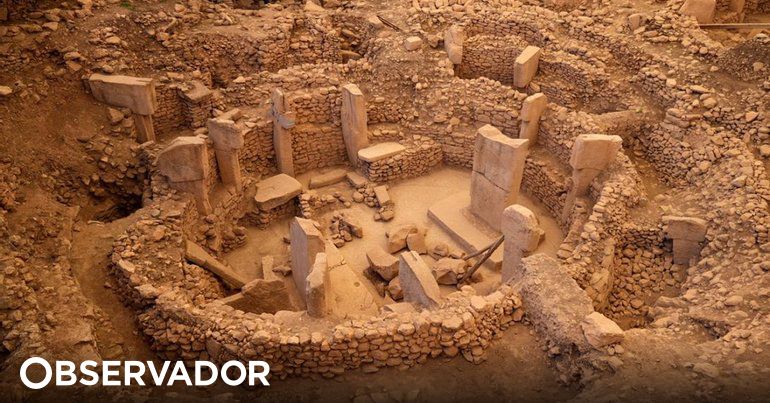It’s 10,000 years older than what was previously considered the world’s oldest calendar, and is thought to have been created as a way to record an astronomical event that led to a crucial change in the planet’s trajectory. Here’s how human history can be traced: Comet fragments hit Earth about 10,000 to 13,000 years ago, causing a mini ice age. The rest was a series of changes that fueled the birth of civilization.
Carvings at an ancient monument may be the world's oldest solar calendar, researchers say. @SchoolOfEng_UoE Suggests.
The marks – found at a 12,000-year-old archaeological site in Turkey – could be a memorial to a comet strike.https://t.co/ZCfRbR5tQB pic.twitter.com/8LZYuL40N9
— University of Edinburgh (@EdinburghUni) August 7, 2024
A team of researchers from the University of Edinburgh has discovered what is now believed to be the world’s oldest calendar at the Gobekli Tepe temple in Turkey. The discovery dates back some 12,000 years, and is located on the column of the first temple in history, and could help to unravel part of human history. And even rewrite it.
It is a 365-day solar calendar, consisting of 12 lunar months and 11 additional days, carved into one of the temple’s pillars, according to the Edinburgh researchers. Each day of the year is represented by a V, and the solar and lunar seasons are also represented. The summer solstice is featured as a special day. The V is shown but wrapped around the neck of a bird-like animal. You will feel free like a bird at the beginning of summer, the calendar’s creators say, in the researchers’ reading.
What is known is that The authors of the work had an accurate knowledge of the movements of the Earth and the Moon, as well as the constellations.This knowledge, according to the academic journal Time and Reason, was crucial in recording the passage of time and the four seasons in the calendar.
Martin Sweetman, the leader and researcher of the study conducted at the Turkish campus, spoke about the results:
The people of Gobekli Tepe appear to have been keen skywatchers, which is to be expected given that their world was destroyed by a comet impact. This event may have started civilization by introducing a new religion and spurring developments in agriculture to cope with the cold climate.
A bold new study by Dr. Martin Sweetman attempts to decipher the sculptures at Gobekli Tepe to an unprecedented degree – with potentially explosive results. https://t.co/GhYppjCUNT
– Art Net (@artnet) August 8, 2024
It is not known exactly why the Gobekli Tepe temple was built, but researchers suggest that it was built more than five thousand years before Stonehenge or the Egyptian pyramids for funerary rituals. Built between 9600 and 8200 BC and full of mystery, this place is located in the mountains of Anatolia in Turkey and is the target of mysterious archaeological investigations that have amazed scientists due to the engineering complexity of the construction.
What this calendar seems to prove is an event that many scientists have been talking about but never confirmed. A comet collided with Earth some 10,000 to 13,000 years ago, causing a mini-ice age that lasted about 1,220 years and put an end to large animals. It changed the planet, known as the Late Dryas, and was the starting point for the beginning of civilization. If the data from the Turkish temple calendar is confirmed, then the comet not only collided with Earth, but also caused this impact, forcing civilization to adapt again to a cold climate that lasted for more than a thousand years.

“Coffee trailblazer. Social media ninja. Unapologetic web guru. Friendly music fan. Alcohol fanatic.”

